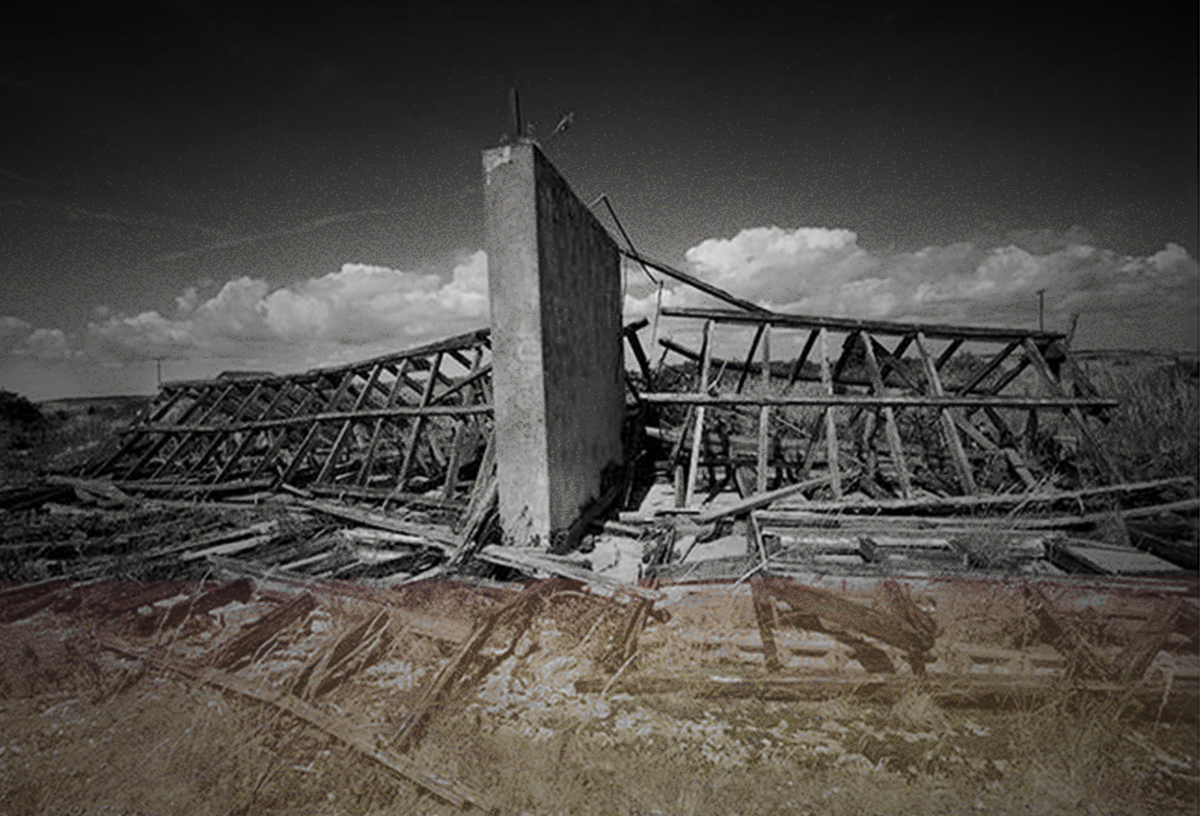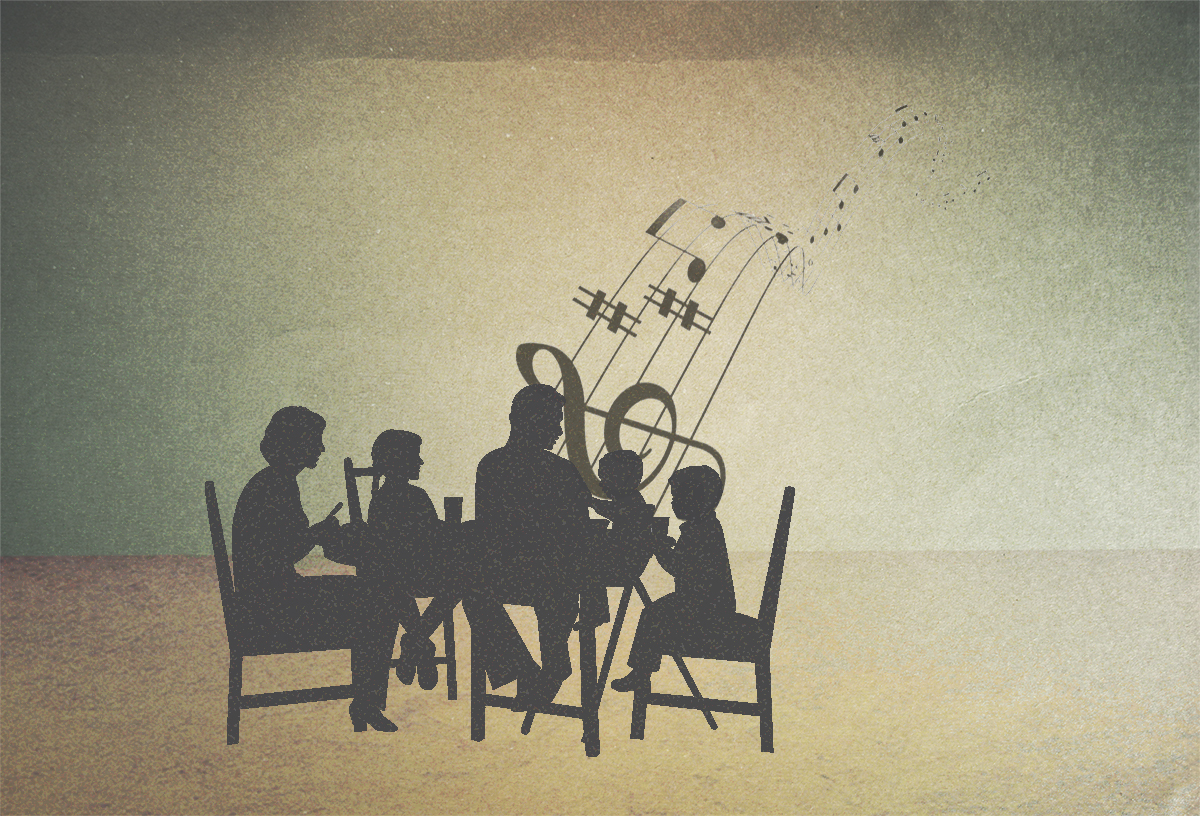
When we engage in biblical exegesis we must pay careful attention to how words are used in their specific contexts and how they are used by different authors.

I am eternally grateful to God for the men who early on in my theological growth pointed me to the authors of the past on whose shoulders we now stand. The labors of the great theologians of the past are important to our spiritual growth in grace today. It is a good and necessary part of our theological development and equipping within the minds of pastors, theologians and all disciples of Christ.

Sin is our enemy. Don't entertain it, play with it, be gentle with it, ignore it, or feed it. Its desire is nothing more than our very destruction. Let us seek, by the power of Christ and the strength of the Spirit, to inflict blow after blow upon it rather than it upon us. Mortification is business that the Christian is to be gainfully employed in. An employment that is aimed at life and living that life abundantly.

Since coming to America over six years ago my family has continued our Scottish tradition of singing our way through the Scottish Metrical Psalms at family worship. We sing four verses at a time and when we get to the end of the Psalms we simply start all over again. It's one of the ways we fight to stay connected to our precious spiritual heritage. But it's not always straightforward.

Not long after I was converted, many would tell me how my life was a beautiful picture of what Jesus had spoken about in the parable of the prodigal son (Luke 15:11-31). It wasn't until years later that I came to understand that the parable of the prodigal son wasn't merely the parable of the prodigal son it was also the parable of the prodigal sons. Both sons in the story were spiritually far from the Father. One of them repented and came home to God. The other was inwardly rebellious--thinking that he deserved the blessings of the Father. He was in the home, but his heart was in the far country of self-righteousness. Still, more years passed before I came to understand that the parable is, in its truest and fullest sense, more profoundly rich in it's purpose--it is, in fact, the parable of the three sons.




















 © Alliance of Confessing Evangelicals
© Alliance of Confessing Evangelicals


